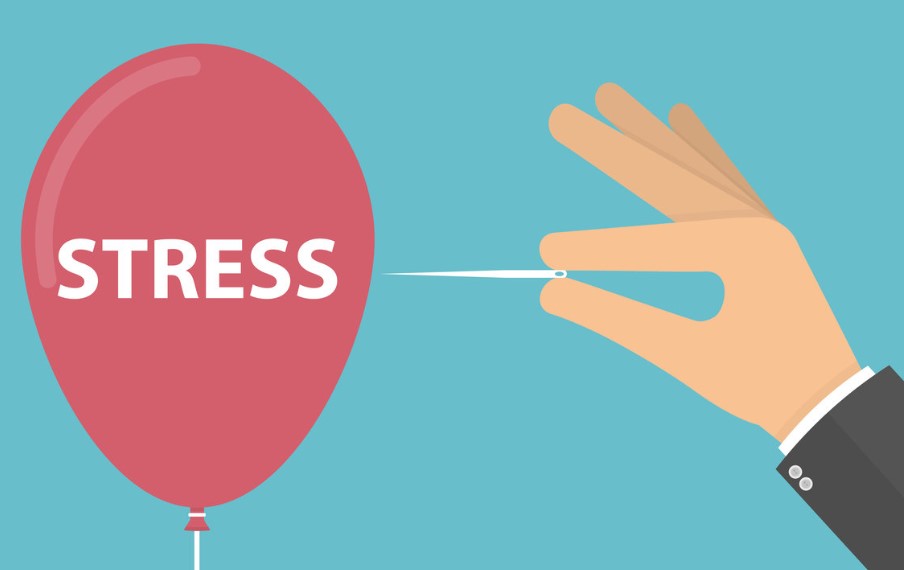
Your health always needs to be a top priority, no matter what you are doing or what you’re planning to do. Life’s experiences and situations shouldn’t mean you get injured or become unwell; they need to be dealt with while also maintaining your health. After all, without your health, everything else in life becomes impossible, or at least very difficult.
Moving home is thought to be one of the most stressful situations anyone can voluntarily (or sometimes involuntarily, of course) put themselves through, and so during this time, it makes sense that your health can suffer. It doesn’t have to though, and it shouldn’t. Here is some useful advice to help you stay as healthy as possible even through something as stressful as a house move.
Eat

The first tip to remember to do for your health during a house move is to eat. We’re not even saying you should eat healthily (although ideally, this is exactly what you should do); we’re simply saying you shouldn’t forget to eat, even if you’re extremely busy or feeling stressed and therefore have less of an appetite.
Ensure you have a good breakfast on the morning of your move. This will help your mind to focus; it will also help get you physically fit too! Moving boxes is hard work, and your brain needs to be engaged to help direct everyone who is helping you.
Have some snacks set to one side for when you feel your concentration is dropping, and if at all possible try to stop for a proper lunch? When you’re done, rather than going to bed early because you’re tired, have dinner. It could be something as simple as some toast, a microwave meal, or perhaps ordering takeout, but eating is important and you need to keep your strength up.
Stay hydrated

Just as it’s easy to forget to eat when you’re busy and feeling stressed, you can also forget to drink enough. This can leave you feeling worse than if you skip a meal, since dehydration will give you a terrible headache, will make you feel sluggish and will give you ‘brain fog’ so you can’t think clearly.
Having a water bottle is essential. Sip on it throughout the day and maintain your hydration levels and you will be able to continue for longer than you could ever do without it. It can also stave off hunger, so if you would prefer to wait for longer between meals, drinking enough water can help you reduce your hunger pangs and continue working.
Go to bed early

Getting enough sleep is crucial l if you want to have a healthy house move, and staying up late to finish some last-minute packing is a bad idea. It’s far better to go to bed early, or at least at your usual time, and then wake up early to complete the last of the packing should you need to. If you just try to power through and then go to bed late, you’ll be a lot more unproductive and you will actually get less done.
Sleep also allows the body and mind to heal, so if you’re feeling sore after all that packing or you’re feeling stressed because it feels like there is a lot to do, getting some sleep will allow your body to reset itself, and by the time you wake up you’ll feel a lot better and ready to continue.
Reduce stress

Aside from the physical exertion that moving will put on anyone involved in it, stress is a very common problem. Stress will cause high blood pressure, headaches, a rapid heartbeat, irritability, fatigue, and emotional distress in the short term (and even more problems in the long term), and none of these issues are going to be any help when you are moving house; they are only going to make you feel worse. It is best, therefore, to reduce your stress levels as much as you can in any way you can.
To begin with, start packing early. The earlier you start, the less there will be to do at the end, and the move will feel easier. Using storagearea.com to keep all your packed boxes safe, and even some of your furniture you can afford to move from your home early will mean you can easily and efficiently pack up and keep your home clutter-free. You should also try to get as much help as you can when moving, as this will reduce your stress levels, plus trying meditation and – as mentioned above – getting enough sleep will all help.
Stress is a natural reaction to the business that comes with moving, and it is exacerbated because you are making big changes, but once it is done it will certainly be worth it, so reducing stress and calming yourself is a good idea.
Lift properly

It would be a terrible thing to lift a heavy box or piece of furniture incorrectly and find that you hurt your back, neck, knees, or anything else. If you do that, not only will you be in pain, you might not be able to help much with the rest of the move, and it could even require long-term care from a doctor or chiropractor. However, this can be avoided if you are careful and lift anything – heavy or not – in the correct way.
To lift the right way you should:
- Keep your back straight
- Keep your shoulders back
- Bend your knees (never bend over at the waist)
- Have a good grip (wear gloves if need be)
- Hold items close to your middle
- Move slowly
Practice these lifting techniques in advance so you are sure you are getting it right when it comes to the moving day itself. Remember not to move extremely heavy items all by yourself, but engage friends, family, or professional moving experts to assist you. Although this might cost money, it will make the move quicker and less stressful, and there will be far less chance of any injury.








